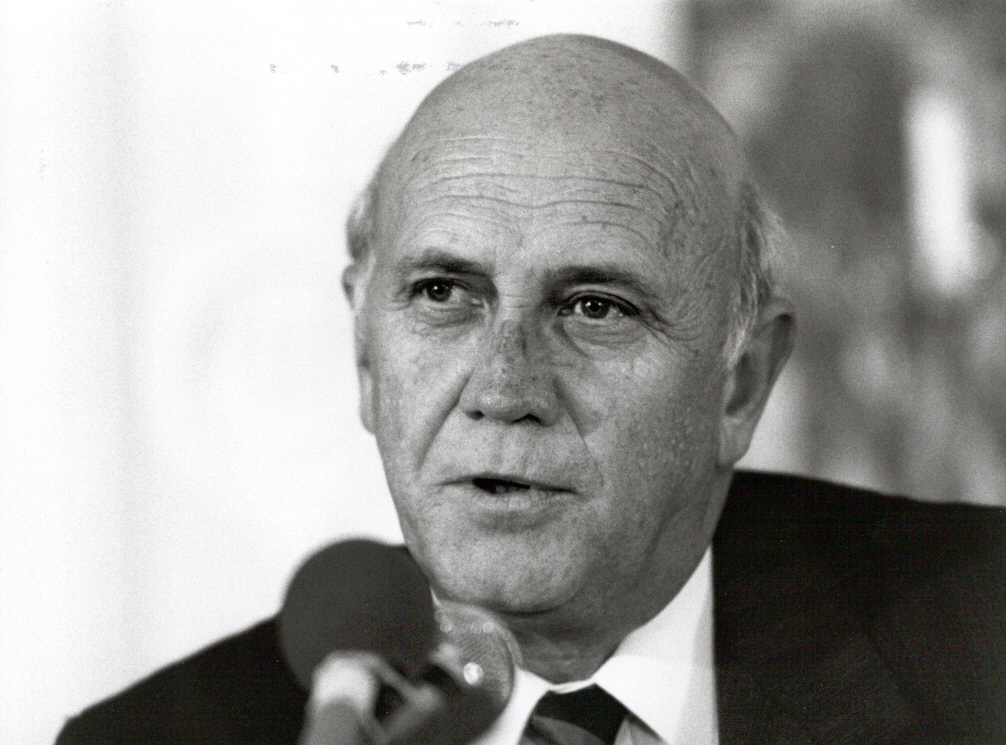|
Democratic Reform Party (South Africa)
The Democratic Reform Party of South Africa was a party active in the South African coloured community in the late apartheid years. It won five of the eighty seats in the segregated House of Representatives and formed the official opposition against the Labour Party's 69 seats. As the official opposition in the House of Representatives it took part in the CODESA The apartheid system in South Africa was ended through a series of bilateral and multi-party negotiations between 1990 and 1993. The negotiations culminated in the passage of a new interim Constitution in 1993, a precursor to the Constitution ... negotiations to end apartheid. References Defunct political parties in South Africa {{SouthAfrica-org-stub ... [...More Info...] [...Related Items...] OR: [Wikipedia] [Google] [Baidu] |
Apartheid
Apartheid (, especially South African English: , ; , "aparthood") was a system of institutionalised racial segregation that existed in South Africa and South West Africa (now Namibia) from 1948 to the early 1990s. Apartheid was characterised by an authoritarian political culture based on ''baasskap'' (boss-hood or boss-ship), which ensured that South Africa was dominated politically, socially, and economically by the nation's Minoritarianism, minority White South Africans, white population. According to this system of social stratification, white citizens had the highest status, followed by Indian South Africans, Indians and Coloureds, then black Africans. The economic legacy and social effects of apartheid continue to the present day. Broadly speaking, apartheid was delineated into ''petty apartheid'', which entailed the segregation of public facilities and social events, and ''grand apartheid'', which dictated housing and employment opportunities by race. The f ... [...More Info...] [...Related Items...] OR: [Wikipedia] [Google] [Baidu] |
House Of Representatives Of South Africa
The House of Representatives ( af, Raad van Verteënwoordigers) was an 80-seat body in the Tricameral Parliament of South Africa which existed from 1984-1994. It was reserved for Coloured South Africans. The body was elected twice; in 1984 and 1989. Electoral turnouts for the House of Representatives were poor. The House of Representatives met in the former Senate chamber in the Houses of Parliament The Palace of Westminster serves as the meeting place for both the House of Commons and the House of Lords, the two houses of the Parliament of the United Kingdom. Informally known as the Houses of Parliament, the Palace lies on the north bank ..., Cape Town. The executive arm of the House of Representatives was a Ministers' Council, led by a Chairman. The civil service that dealt with Coloured "own affairs" (including education, health and welfare, local government, housing and agriculture) was called the Administration: House of Representatives, and was based in Cape Town. ... [...More Info...] [...Related Items...] OR: [Wikipedia] [Google] [Baidu] |
Labour Party (South Africa, 1969)
The Labour Party of South Africa ( af, Arbeidersparty van Suid-Afrika) was a South African political party founded in 1969 and led for many years by Allan Hendrickse. Although avowedly opposed to apartheid, it participated in the Coloured Persons Representative Council. It opposed the guerrilla struggle of Umkhonto we Sizwe and the call for international sanctions against South Africa. The party later dominated the House of Representatives in the Tricameral Parliament from its foundation in 1984 until 1992, winning 76 of the 80 seats in the 1984 elections and 69 in those of 1989. When the National Party of F. W. de Klerk decided to admit non-White members, however, a substantial number of members of the House of Representatives who had been members of Labour crossed the floor to join the Nationalists. In 1992, a group of 36 such former Labour members led by Jac Rabie engineered a vote of no confidence in Hendrickse's Labour government. [...More Info...] [...Related Items...] OR: [Wikipedia] [Google] [Baidu] |
CODESA
The apartheid system in South Africa was ended through a series of bilateral and multi-party negotiations between 1990 and 1993. The negotiations culminated in the passage of a new interim Constitution in 1993, a precursor to the Constitution of 1996; and in South Africa's first non-racial elections in 1994, won by the African National Congress (ANC) liberation movement. Although there had been gestures towards negotiations in the 1970s and 1980s, the process accelerated in 1990, when the government of F. W. de Klerk took a number of unilateral steps towards reform, including releasing Nelson Mandela from prison and unbanning the ANC and other political organisations. In 1990–91, bilateral "talks about talks" between the ANC and the government established the pre-conditions for substantive negotiations, codified in the Groote Schuur Minute and Pretoria Minute. The first multi-party agreement on the desirability of a negotiated settlement was the 1991 National Peace Accord, c ... [...More Info...] [...Related Items...] OR: [Wikipedia] [Google] [Baidu] |

